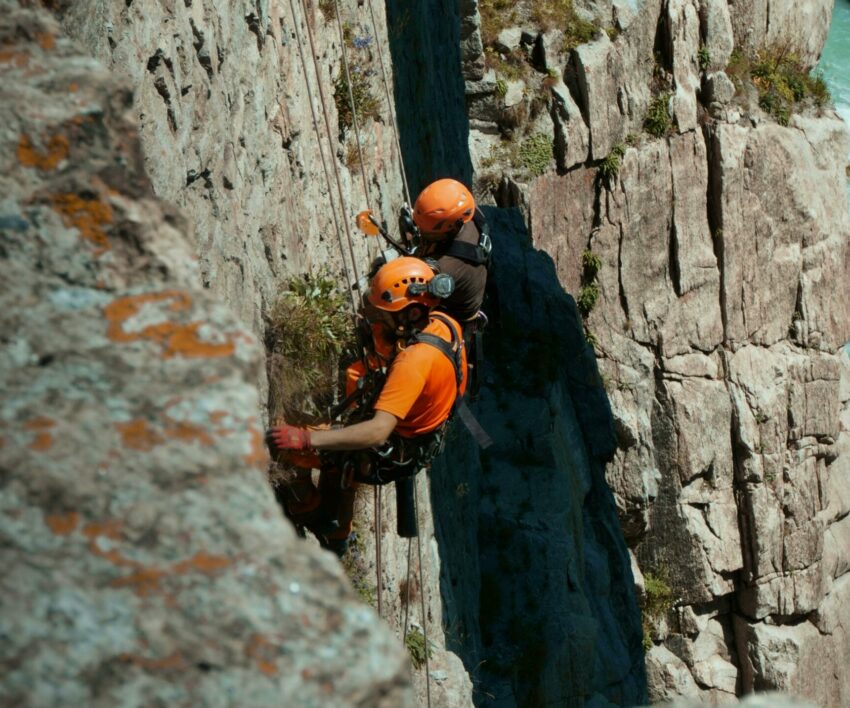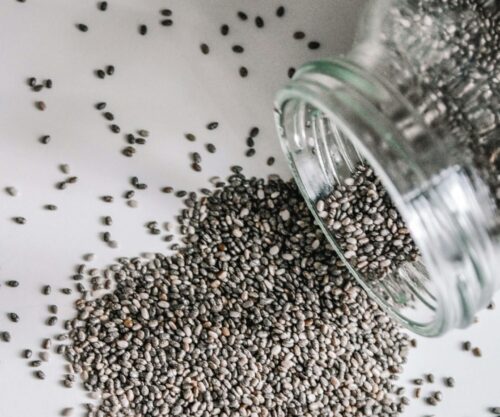
If you are a mountain climber or you love hiking, even if it’s just for fun, you need to be aware of the risks that you are most likely prone to.
One of them is altitude sickness, this is what health publications say about this condition and how to treat and prevent it.
The Cleveland Clinic explains this as a medical condition caused by excessively high altitudes, where the atmosphere becomes thinner, causing the body to struggle to adjust to the difference in oxygen intake. “That means breathing in the same amount of air gets you less oxygen than at a lower altitude.”
According to the clinic above, there are different types of this sickness, which include:
- Acute mountain sickness (AMS): This is considered the mildest and most common form.
- High altitude pulmonary oedema (HAPE): The clinic states that this type affects your lungs and causes them to be filled with fluid.
- High altitude cerebral oedema (HACE): “This is the most severe form. It happens when altitude sickness causes your brain to swell. It’s a very dangerous condition that needs emergency care.”
Health Direct mentions that altitude sickness is characterised by dizziness, weakness, headaches, nausea, and can feel like a hangover, which can worsen at night and last for days. Other symptoms include lethargy, a drop in performance, lack of coordination, insomnia and appetite loss, as suggested by Better Up.
The Harvard Health publication advises that to prevent altitude sickness, climbers should follow four general guidelines: do not increase altitude by more than 1,000 feet per night, spend a second night at a higher elevation, limit physical exertion during the first few days, and drink plenty of fluid.
To treat this condition, the above source suggests that if you show severe symptoms of high-altitude cerebral oedema, pulmonary oedema, or blurred vision, move to a lower altitude as soon as possible.
“Besides moving to a lower altitude, you can treat mild altitude sickness with rest and pain relievers. The drug acetazolamide can speed recovery. This drug balances your body chemistry and stimulates breathing.”
It is further mentioned that high-altitude cerebral oedema can be treated with supplemental oxygen and dexamethasone to decrease swelling. Portable hyperbaric chambers are said to be able to simulate descent to lower altitudes and high-altitude pulmonary oedema may require oral nifedipine, furosemide, or inhaled bronchodilator.
Also see: What to do when you have motion sickness




